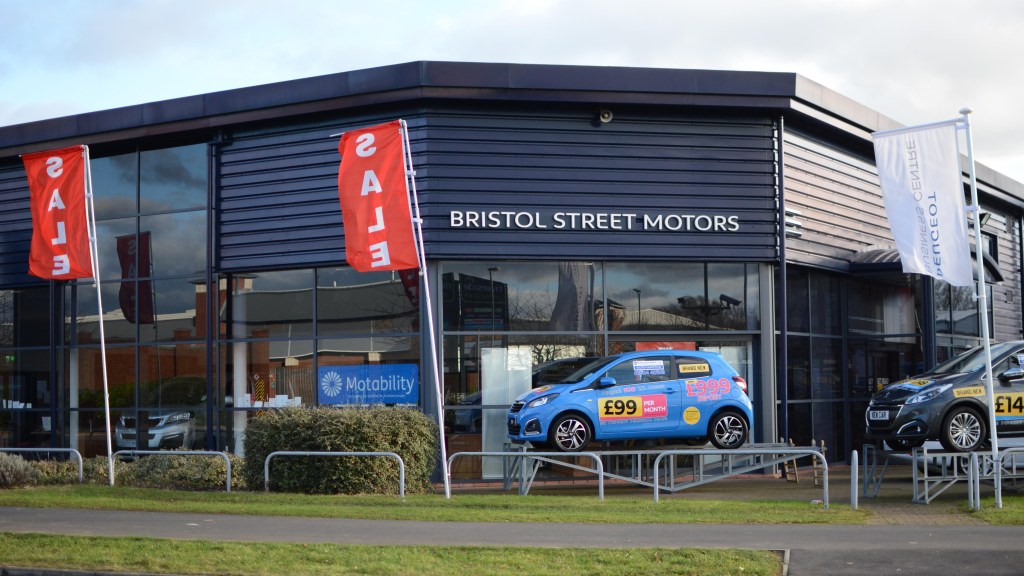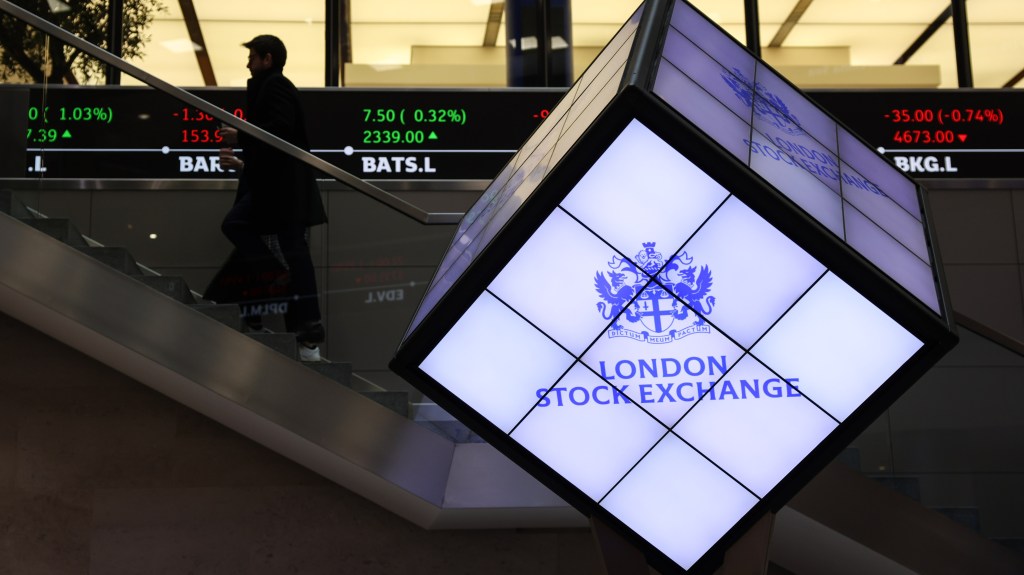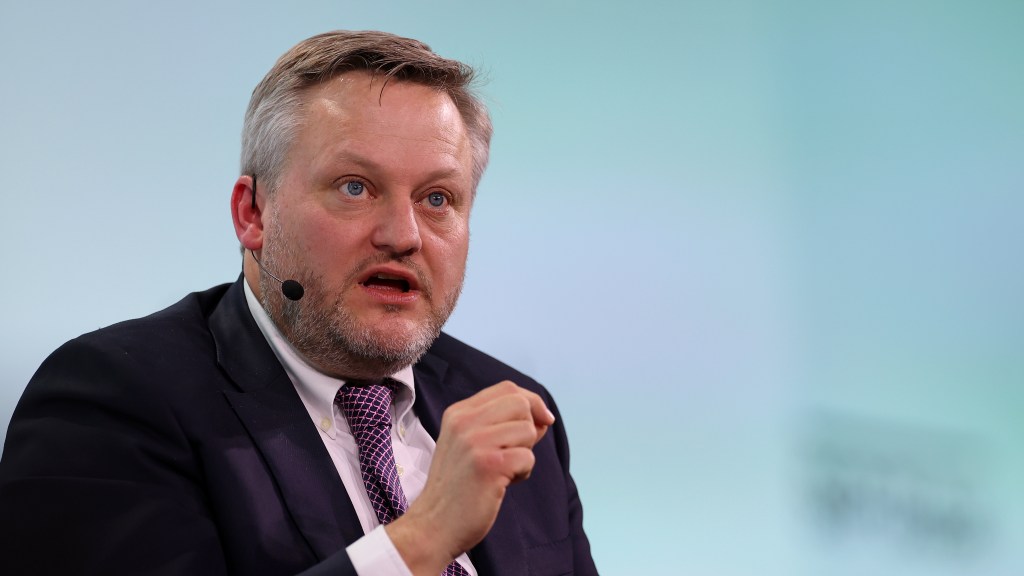Labour’s Electric Vehicle Policy Impact on Car Manufacturing
Major car manufacturers are curtailing the sale of petrol and hybrid vehicles to evade penalties related to net-zero initiatives and comply with government-imposed mandates, according to a significant motor retailer in the UK.
Robert Forrester, CEO of Vertu Motors, which operates 192 outlets across the country, indicated that companies are holding back on car deliveries until the next year to stay within governmental sales limits.
According to the zero emission vehicle (ZEV) directive, starting this year, manufacturers must ensure that 22 percent of their sales consist of electric vehicles. This requirement will increase to 28 percent by 2025, with stricter criteria to follow. Manufacturers face a fine of £15,000 for each petrol car sold that surpasses this mandated sales quota.
The previous government under Boris Johnson aimed to phase out new petrol and diesel car sales by 2030. However, Rishi Sunak altered this plan in September by proposing a transition to all new car sales being zero-emission vehicles by 2035.
The recently established Labour government has reinstated the 2030 deadline, but many industry insiders suggest that there might be exceptions permitting the sales of certain petrol-electric hybrids post-2030.

Forrester shared his insights with the Daily Telegraph, stating, “Some franchises face restrictions on the supply of petrol and hybrid cars, despite the significant demand for these vehicles.
“It feels as though we cannot provide the cars that customers are seeking, while we have a surplus of cars that may not meet their preferences. Manufacturers are constraining the supply of petrol vehicles to avoid fines and comply with government regulations.”
Vertu Motors, operating under the names Bristol Street Motors, Vertu, and Macklin Motors, reported that its profits for the first half of the year would fall short of expectations, but recovery is anticipated to meet the overall yearly forecasts. Analysts had been estimating pre-tax profits to reach approximately £42 million for the financial year concluding in February, up from last year’s nearly £38 million.
In the interim trading update, Forrester noted disruptions in showrooms and on car lots.
“The new car retail market is currently subdued as regulations promoting the shift to electric vehicles create market fluctuations and adverse effects,” he remarked.
Vertu, which experienced a 5.8 percent decline in new car sales volume over the five months ending July, countered this slump with a 5 percent rise in used car sales. In its trading update, the company stated: “Vehicle manufacturers in the UK are actively managing their production volumes while balancing their portfolio of internal combustion engine and electric vehicles to meet regulatory goals.
“Retail interest in new vehicles, particularly electric ones, is likely to remain under pressure, partly due to elevated vehicle prices and the absence of governmental financial incentives.
“The group’s order intake for the crucial month of September is tracking below last year’s figures, reflecting the declining retail market outlook for 2024.”
It was also noted that the reduced availability of used vehicles, as fewer consumers switch their cars, is expected to stabilize used car pricing. Additionally, decreased interest rates could enhance the future affordability of used vehicles.
Vertu’s shares closed down 2.5p, or 3.4 percent, at 69p on Monday, which reflects a drop of more than 11 percent from their recent peak in June. In November of the previous year, the shares reached a 16-year high of 87p.




Post Comment